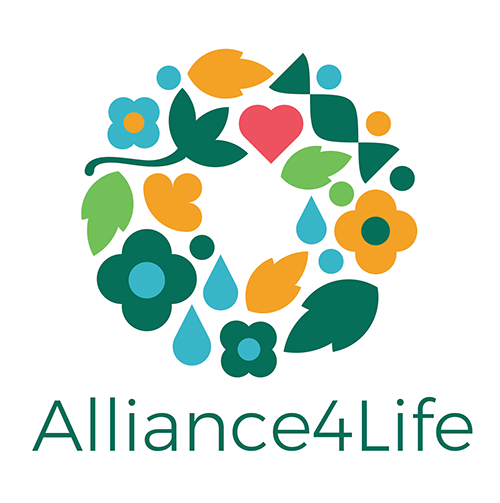
A4L_ACTIONS Partners Perceive the Need to Protect the Environment
Protection of the environment is one of the highest priorities for organizations, politicians, and individuals in today's world. Research laboratories in the field of life sciences significantly contribute to the environmental burden through the production of large quantities of waste, the consumption of large amounts of water, and the use of substantial energy resources. Although the use of energy-intensive equipment, water-intensive procedures, single-use plastics, GMOs, and toxic reagents are essential for current life sciences research, there are meaningful ways to reduce their environmental impact. Universities and research institutions worldwide acknowledge this fact, with many of them implementing various "green lab" initiatives and specific sustainability programs to enhance eco-efficiency and ensure the progress of their research activities.
The A4L_ACTIONS partners recognize the challenges associated with lowering the environmental impact of research activities and consider "green lab" approaches as integral to research ethics. A survey addressing the basic principles of environmentally friendly behavior was conducted to raise environmental awareness and gain initial insights into the environmental policies and practices of A4L_ACTIONS institutions. The survey results were used to identify best practices and areas in need of improvement, as well as to propose strategies for implementing necessary changes tailored to each A4L_ACTIONS partner. The effectiveness of these changes will be assessed at the end of the A4L_ACTIONS project by repeating the same survey and comparing the results.
The survey consisted of six sections covering fundamental environmental policy and practice topics. These sections were as follows:
- General Aspects of Environmental Policy
- Purchase and Sharing of Equipment and Consumables
- Recycling
- Energy and Water Usage
- Chemical Management
- Laboratory Waste Management
In the first section, "General Aspects of Environmental Policy", it was evident that the A4L_ACTIONS partners are aware of the Green Lab strategy concept and EU environmental policies. The survey provided information on whether related guidelines, training, dedicated personnel, and annual calculations of carbon footprints are in place at their institutions. It was also observed that environmental policies, including the Green Lab concept, can take various forms depending on the type of research institution and the characteristics of the research area. Different rules apply to molecular biology laboratories (GMOs), chemical laboratories (toxic substances), virological laboratories (infectious agents), and diagnostic laboratories, necessitating a balance between ecologically friendly behavior and the demands of correct research procedures.
The survey clearly demonstrated that the A4L_ACTIONS partners understand the importance and added value of fully implementing environmental policy principles in their research practices. Each partner has already introduced some rules for environmentally friendly behavior and considers or plans to adopt the Green Lab strategy. For example, one partner recently engaged professional experts to propose tailored strategic procedures and facilitate their implementation in daily life.
The survey identified one of the A4L_ACTIONS partners as the most advanced institution in this area, with experiences that can serve as a good example to the other A4L_ACTIONS partners. This partner has established an environmental policy program based on sustainable management of construction investments and promoting pro-ecological behavior, leading to the development of a campus concept with energy-efficient solutions. As a result of these activities, the partner received a national award for their conscious approach to the implementation of pro-ecological policies.
This survey has demonstrated and confirmed that A4L_ACTIONS partners are aware of the value of environmental policies and are already in the process of partial implementation. Furthermore, the survey has identified aspects of the Green Lab concept that need further attention and has highlighted opportunities for improvement through education, knowledge transfer, and activities aimed at practical application. The A4L_ACTIONS project will provide support for these activities.

